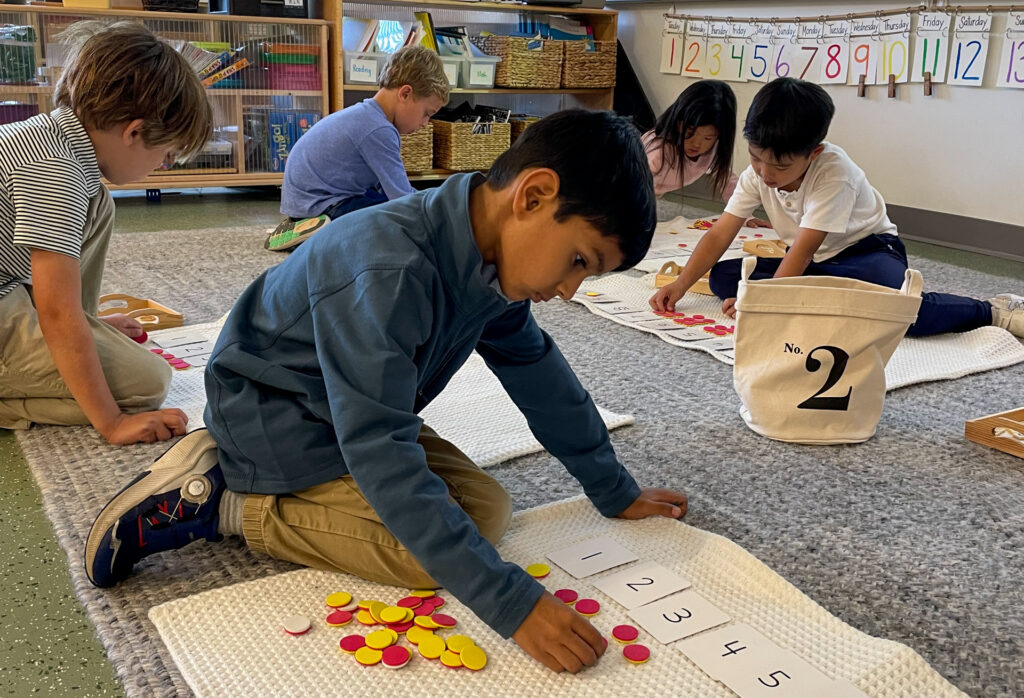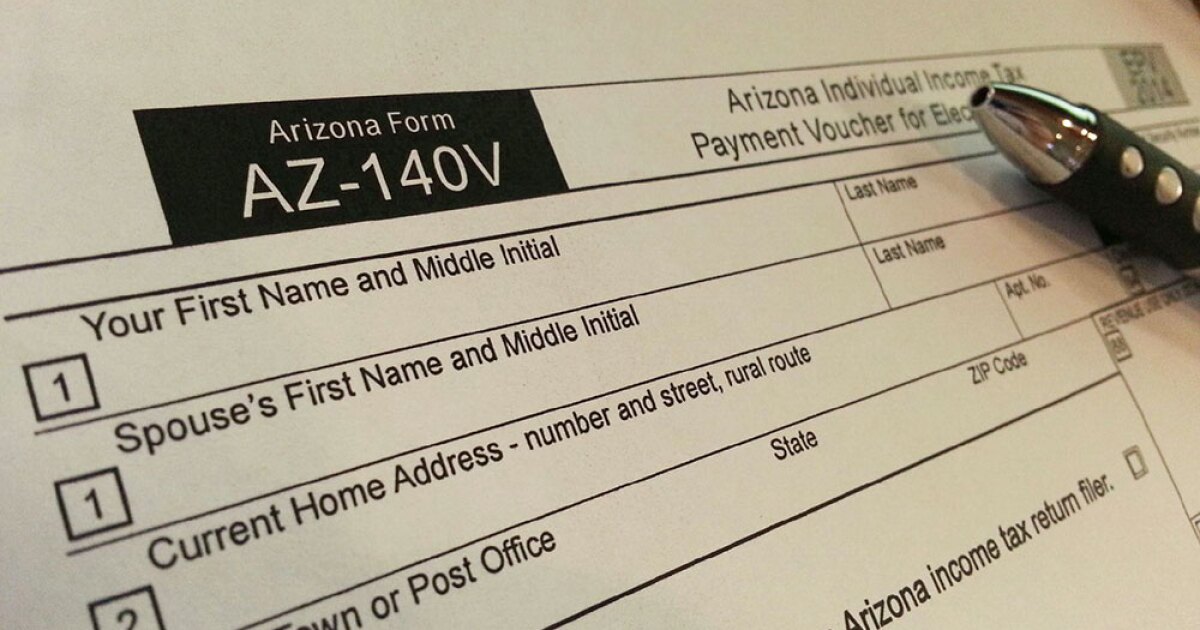ATLANTA — In Melissa Williams’ kindergarten class at the Westminster School, students engage with a 100-square number board to improve their number sense. This foundational skill is crucial for understanding advanced mathematics, yet is often overlooked in early education. One child demonstrated number sense by placing a “42” tile on the board, counting by tens to reach 40, then adding two more.
Number sense involves understanding numerical relationships, finding missing numbers, and recognizing that “100” represents 100 items. These skills are essential for grasping complex math, akin to how phonics is vital for reading. Research indicates a strong correlation between number sense and future math success, yet it receives less classroom focus than reading.
Ben Clarke, a math researcher, emphasizes that a lack of number sense often underpins math struggles, especially for students with learning challenges like dyscalculia. Doug Clements highlights that many students fail to see number relationships, an issue hindering their mathematical progress.

Despite its importance, number sense receives limited attention in schools compared to reading. Elementary teachers often lack training in teaching math effectively, and interventions for students needing extra help are scarce. The 2024 National Assessment of Educational Progress revealed significant math struggles among students, with many scoring “below basic.”
Income disparities also affect math skills. Researcher Elida Laski notes that low-income families often view math narrowly, impacting children’s flexibility with numbers. Studies show higher-income students employ more advanced strategies, while their peers rely on counting, resulting in less efficient problem-solving.
Educators like Catherine Schwartz at Nashville Classical Charter School emphasize the role of number sense in solving complex problems. Understanding numerical magnitude and relationships is vital for tasks like subtraction. Yet, many teachers are unaware of math skill progressions that could improve instruction.

Experts like Nancy Jordan advocate integrating number sense into everyday classroom activities. Simple practices, such as counting, can significantly enhance children’s understanding of big numbers. Incorporating number sense into early education can bridge gaps and foster better math learning outcomes.
Contact the editor of this story, Christina Samuels, at 212-678-3635 or samuels@hechingerreport.org
This story about number sense was produced by The Hechinger Report, a nonprofit, independent news organization focused on inequality and innovation in education. Sign up for the Hechinger newsletter.
—
Read More Kitchen Table News










